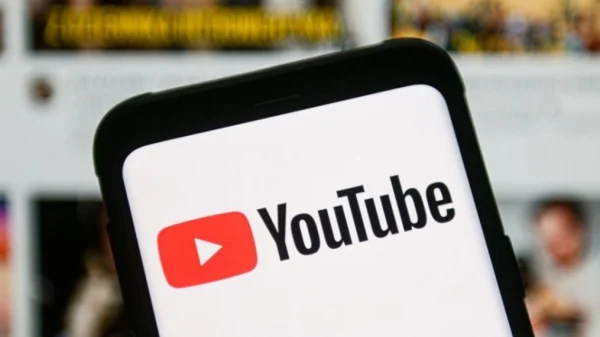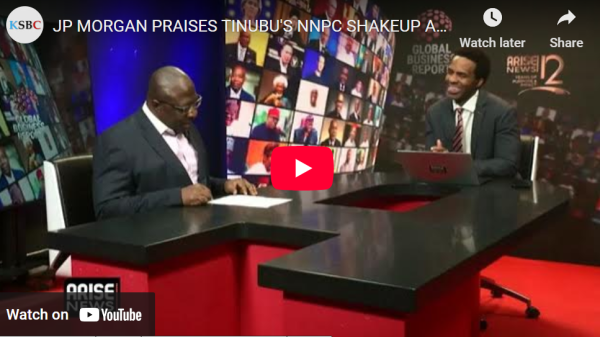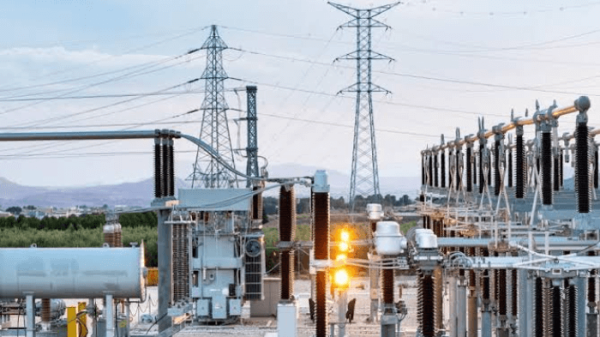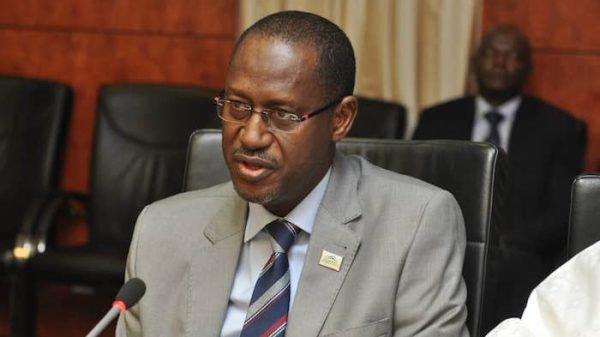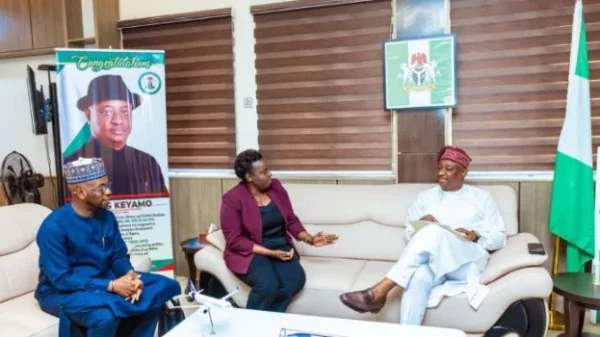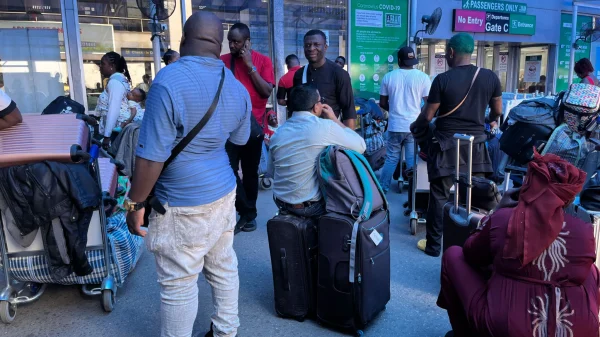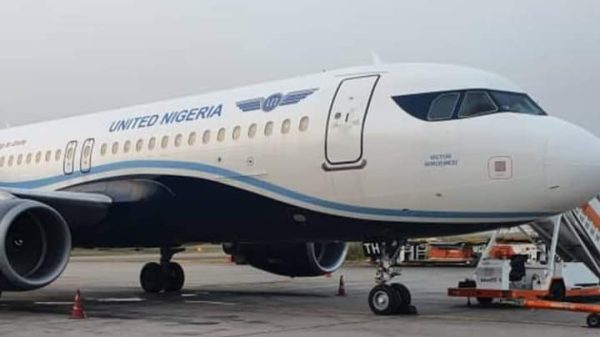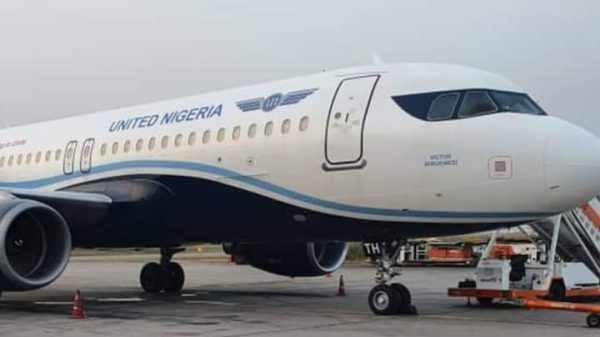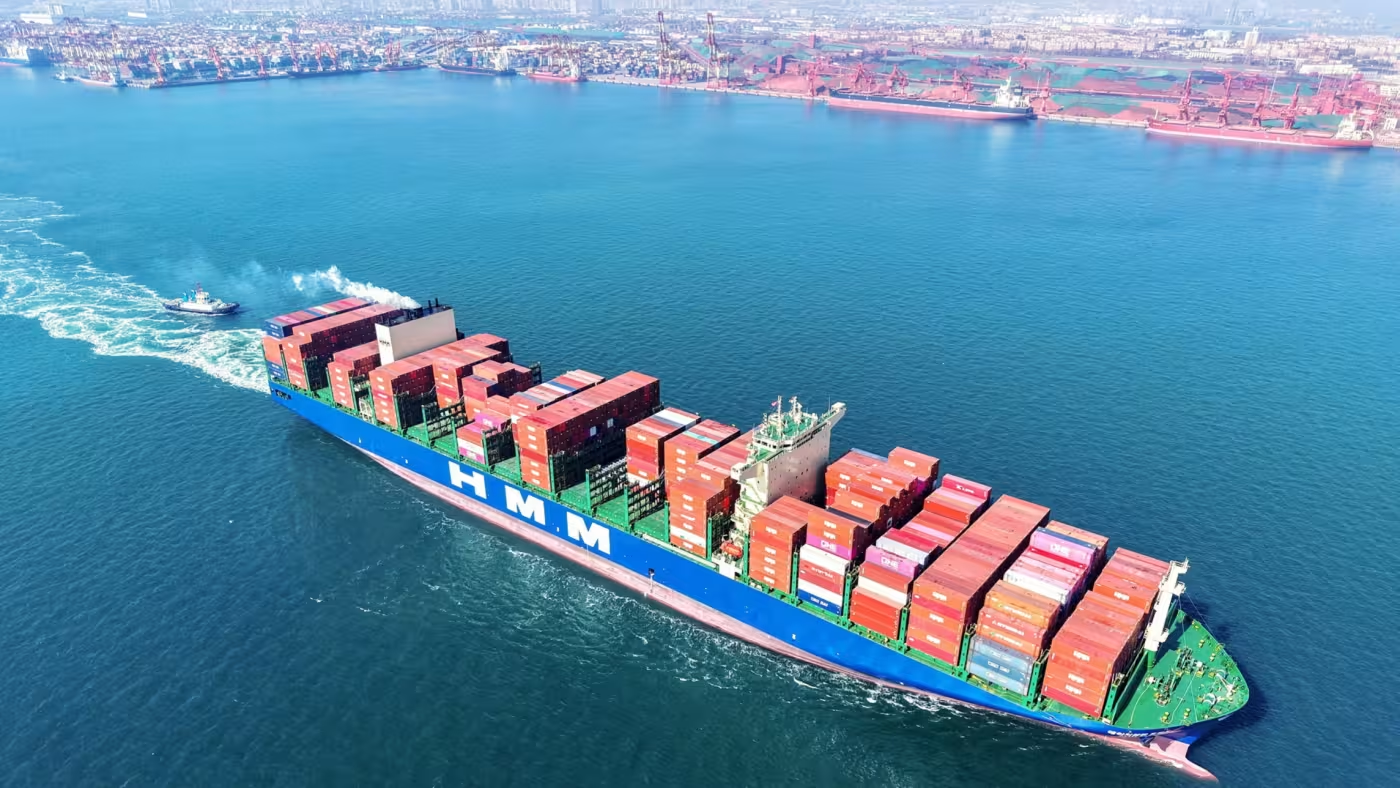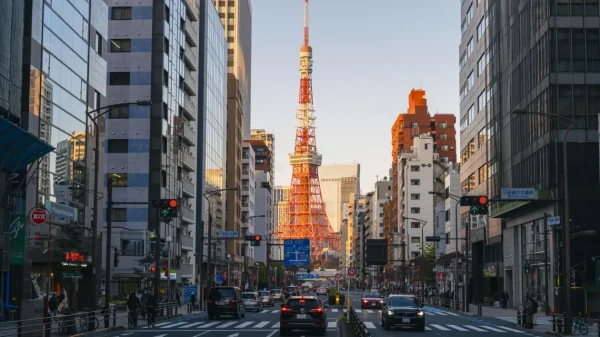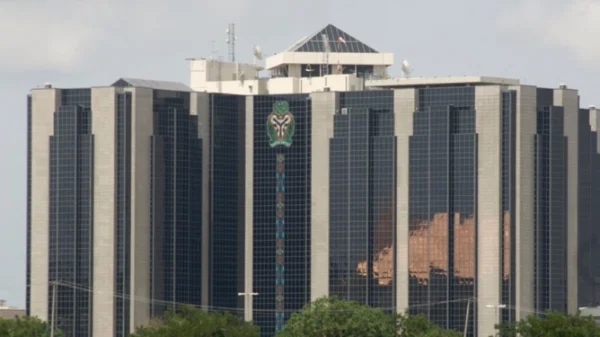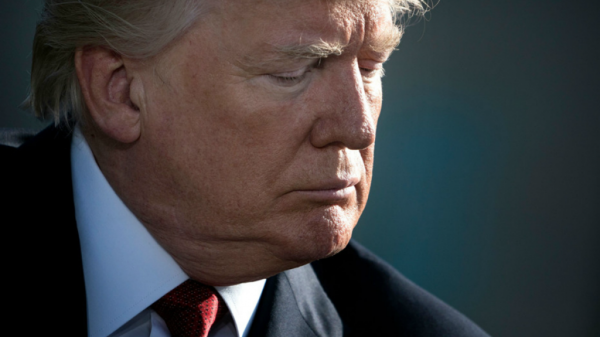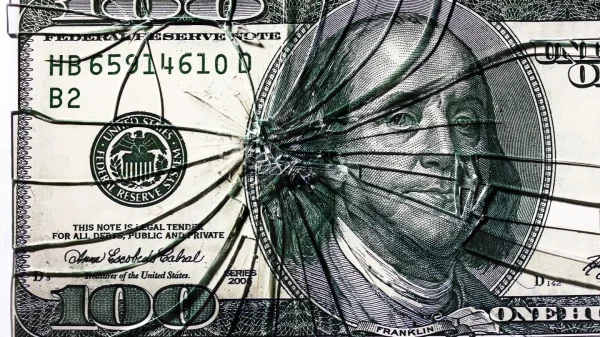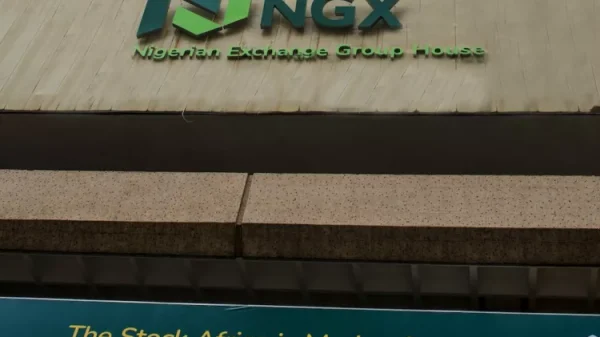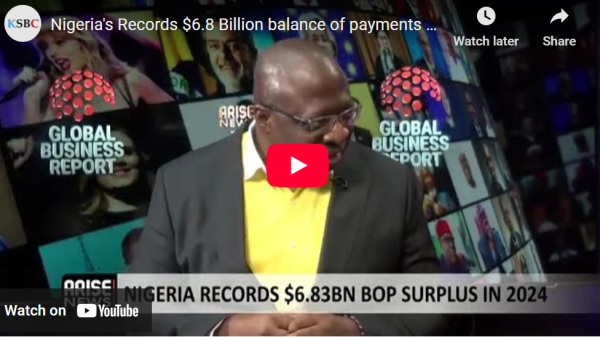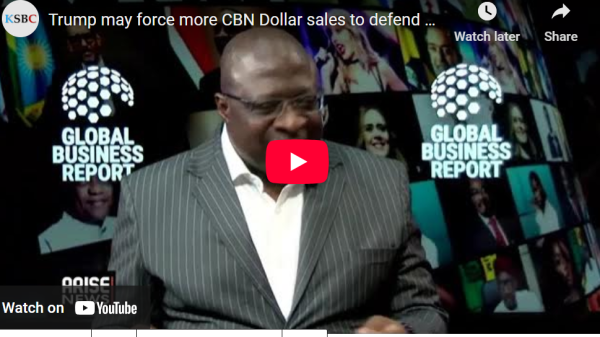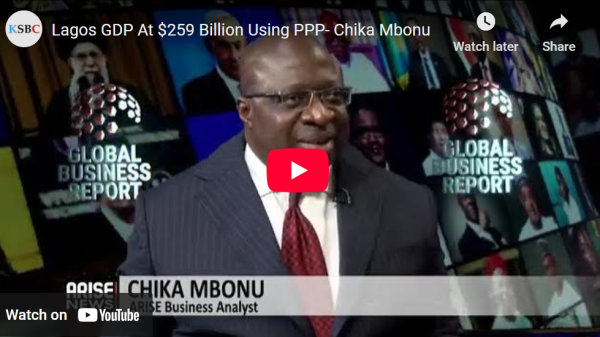The new directors of NNPCL appointed by President Bola Tinubu last week have been widely welcomed by Nigeria’s oil industry chieftains and analysts for their cognate experience and impressive private sector backgrounds. However, they are taking over a corporation buffeted by chronic political problems and unethical business practices.
These directors are from the other side of the table, as they had been dealing with NNPCL while they were in the leadership of some of the subsidiaries of the IOCs in Nigeria. The new board chairman, Ahmadu Musa Kida, rose in the industry to become Total Nigeria’s Deputy Managing Director of Deep Water Services in 2015.
Last year, he became an independent non executive director at Pan Ocean-Newcross Group. Bayo Ojulari, the new Group CEO, was until his appointment Executive Vice President and COO of Renaissance Africa Energy Company.
The Renaissance Group recently led a consortium of indigenous energy firms in the landmark acquisition of the entire equity holding in the Shell Nigeria worth $2.4 billion. I wrote an article on this transaction in January titled “The exit of Shell”. Ojulari himself is a Shell veteran, just as all other board members have worked at senior levels at other IOCs.
They are therefore well informed about the deficiencies of NNPCL and are well equipped technically to turn it around into another IOC, or a semblance of it. They can bring the best practices in the IOCs to bear on NNPCL.
But they will have to overcome political interferences; opaque organisational culture; chronic industry problems and huge corruption, among many other typically Nigerian challenges. Here are a few of the problems they will face. Here are a few of them:
The Upstream sector
Oil theft is a major problem and the new board will face many obstacles as it tries to fight it. Every barrel of crude oil must end up in one refinery somewhere in the world. The crude oil stolen from Nigeria is not refined in Nigeria. The refineries that buy them must know where the crude came from.
Therefore, the syndicates stealing the Nigerian crude oil must be known within the Nigerian and global intelligence community. The new NNPCL Board members have worked with Shell (HQ in London), ExxonMobil (HQ in USA) and Total (France). The home country intelligence networks of these IOCs do know how these thefts have been perpetuated over the years in the Niger Delta and the offshore oilfields.
Since these new Board members have worked at the highest level in the Nigerian subsidiary of these IOCs, they can seek help from their HQs on how to identify, name and shame the thieves thereby undermining their network. Of course, the Board has to have the support of the Presidency for this move.
Professionalise the exploration and production arm of NNPCL, called NNPC E&P Limited (NEPL), formerly NPDC: For a long time now, NEPL (formerly NPDC) has been outsourcing the funding and development of its freely assigned oilfields to third parties, thus denying itself the opportunities to develop and retain corporate competencies and professionalism in-house.
NPDC (NEPL) was meant to be the National Oil Company (NOC) of Nigeria, like Statoil of Norway (now called Equinor); Petronas of Malaysia; Petrobras of Brazil; Pemex of Mexico and others of Dubai, Abu Dhabi, Oman, Brunei, etc. It is not late for the new Board to position NEPL to fund, develop and operate their Nigerian oilfields competently as there are many Nigerians in-country and in Diaspora who could be brought in to run the organisation efficiently and professionally.
The new Board members were at the leadership of successfully operated IOC subsidiaries in Nigeria. Therefore, they have the operational template they can deploy in NEPL. If Equinor of Norway can succeed, with many Nigerians working there, then NEPL can as well.
Transparency of crude oil and natural gas sales: The current opaqueness in the crude oil sales should be stopped. The opacity is at almost every facet of the business. Even Finance Commissioners of the Niger Delta States do not understand how their states’ share of the 13 per cent derivation is calculated. They do not even have the data on which the payments are calculated and paid. Therefore, the new Board should ensure that the federation’s share of the revenue is accessible to the federating units without them depending on the Freedom of Information request.
Simply meet the funding obligations NNPCL has with their JV operators: Nigeria (NNPCL) has been a laughingstock in the global Oil Industry for not paying their 55 per cent to 60 per cent share for funding JV operations, yet would be the first to take their share of the JV production. The Board should simply do the right thing. Pay up NNPCL’s share of funds and then earn its share of the produced crude oil and gas.
To be continued tomorrow.
Etim wrote from Uyo.



